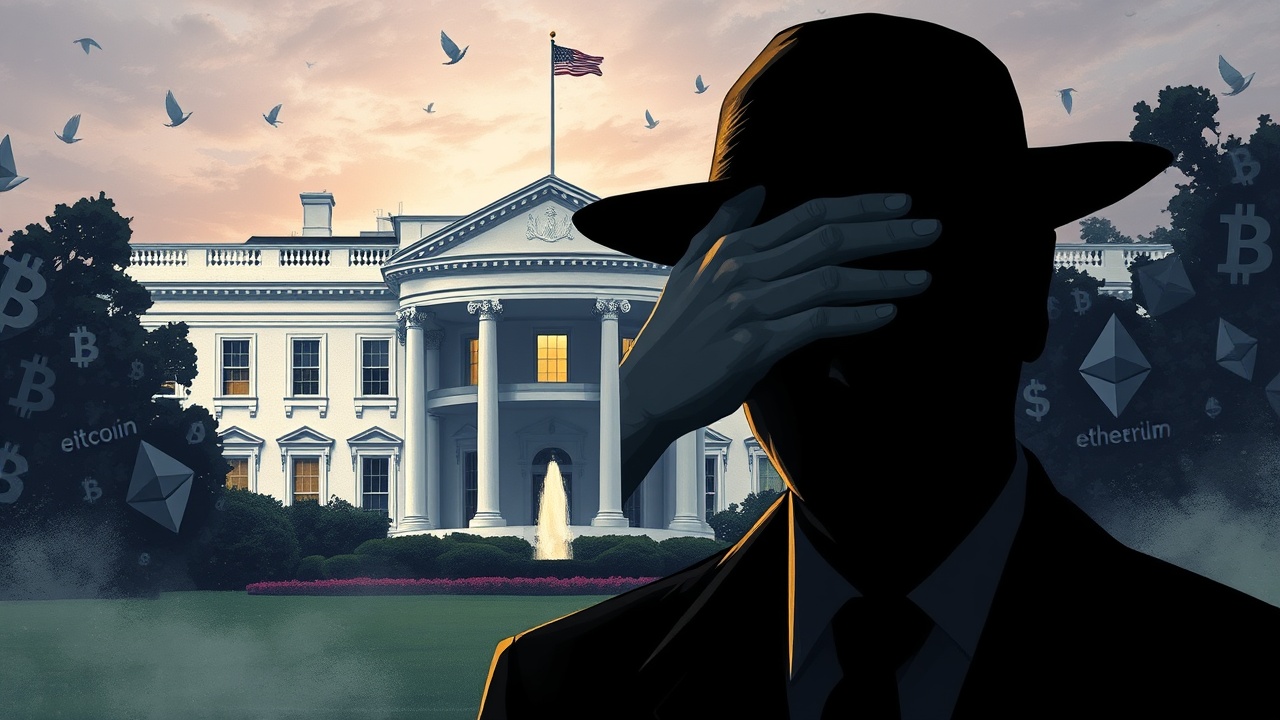Recent Developments in Cryptocurrency Legislation
In a recent development, members from both sides of the aisle in the U.S. Congress sought to insert a provision into the CLARITY Act aimed at preventing elected officials from having conflicts of interest related to cryptocurrencies. This push follows apprehensions raised by Democrats regarding President Trump’s lucrative crypto ventures.
However, an attempt made on June 11 to introduce this clause was thwarted when the White House rejected it later that night, hampering bipartisan negotiations on the matter.
Proposed Amendment to the CLARITY Act
The proposed amendment was designed to bar the president, vice president, members of Congress, and their close relatives from engaging in or profiting from cryptocurrency initiatives while holding public office. It aimed to draw parallels with existing campaign finance and disclosure standards to minimize political backlash.
House Financial Services Committee member Maxine Waters spearheaded the proposal intended to limit Trump’s involvement in the crypto arena; however, it was dismissed at 9:30 PM. Nevertheless, it appears the White House is still in discussions with House Republicans to forge alternative wording for the CLARITY Act, hoping to advance both this legislation and new stablecoin regulations before the congressional break in July. The ultimate goal is for Trump to have these measures signed into law by August.
Concerns and Implications
Despite the ongoing negotiations, uncertainty about securing Democratic support looms large, potentially jeopardizing the bill’s progress to the Senate for further consideration. Estimates from Forbes reveal that Trump has amassed approximately $3.3 billion from his cryptocurrency-related activities, boosting his total net worth to an impressive $5.6 billion.
He, along with his family, is presently engaged in several crypto projects, including stablecoins, Bitcoin mining, ETFs, and decentralized finance (DeFi) initiatives. This involvement has raised concerns among some Democratic legislators about the possibility of the president leveraging his policy decisions for personal financial gain, complicating the legislative process.




